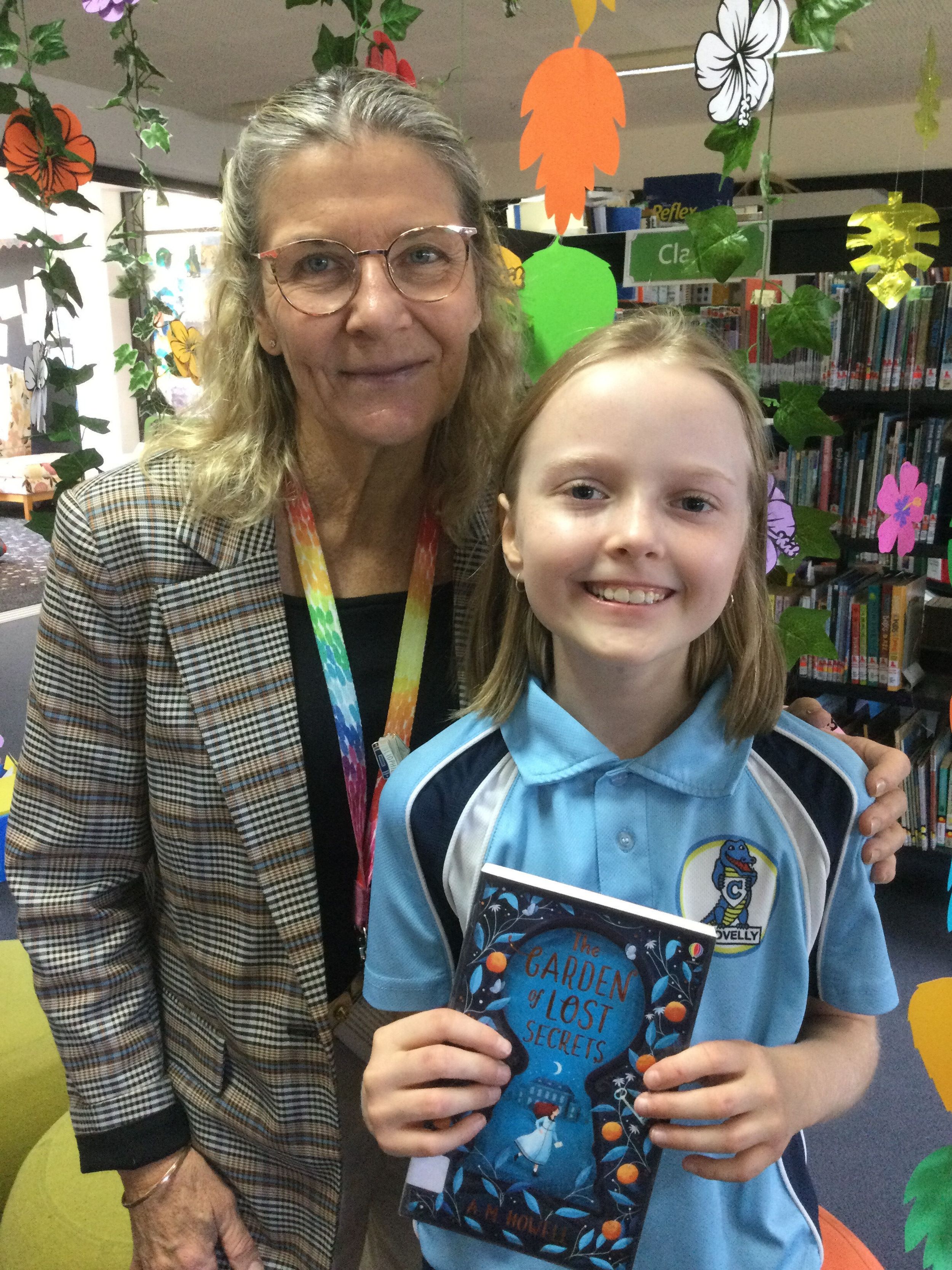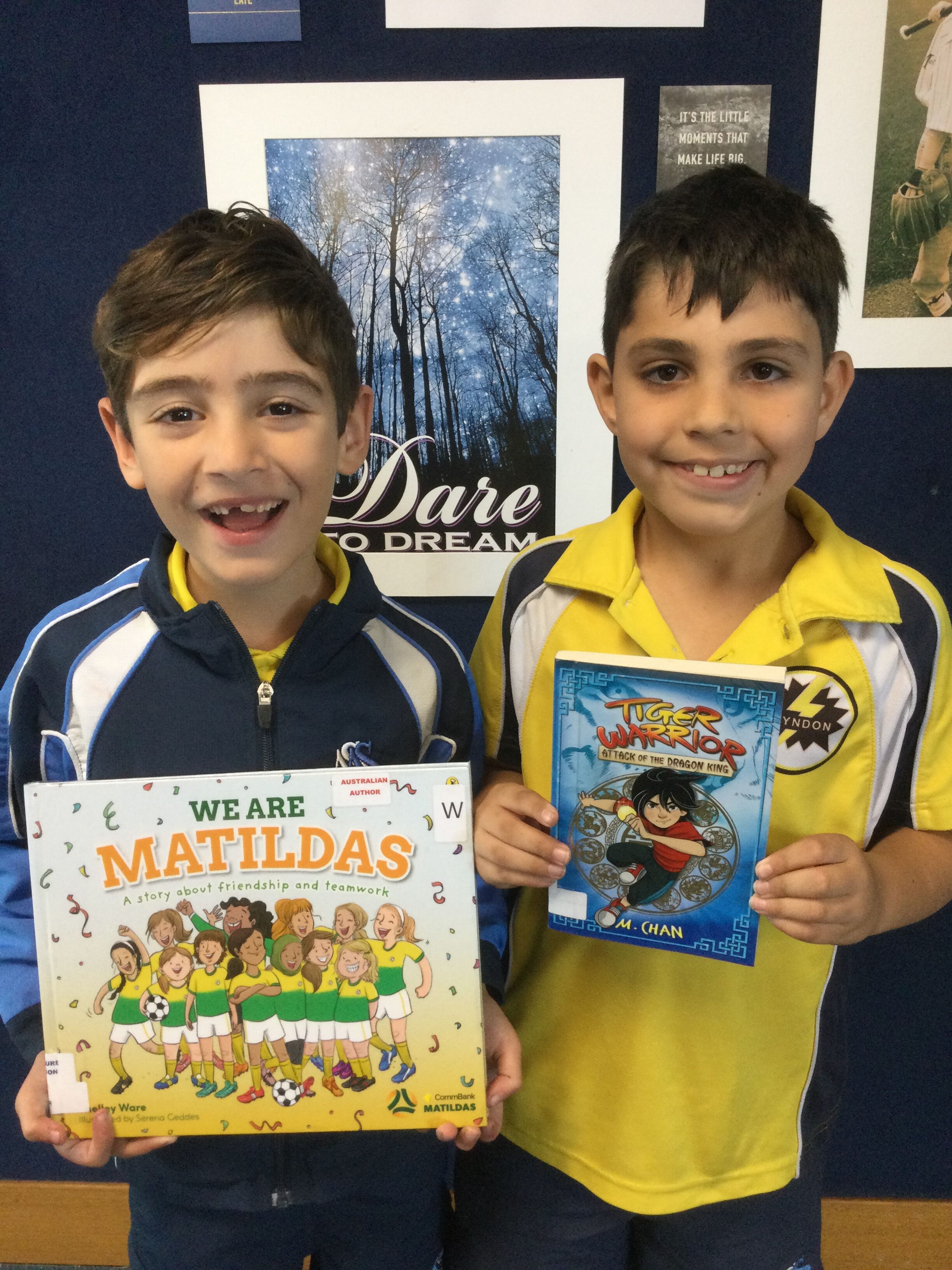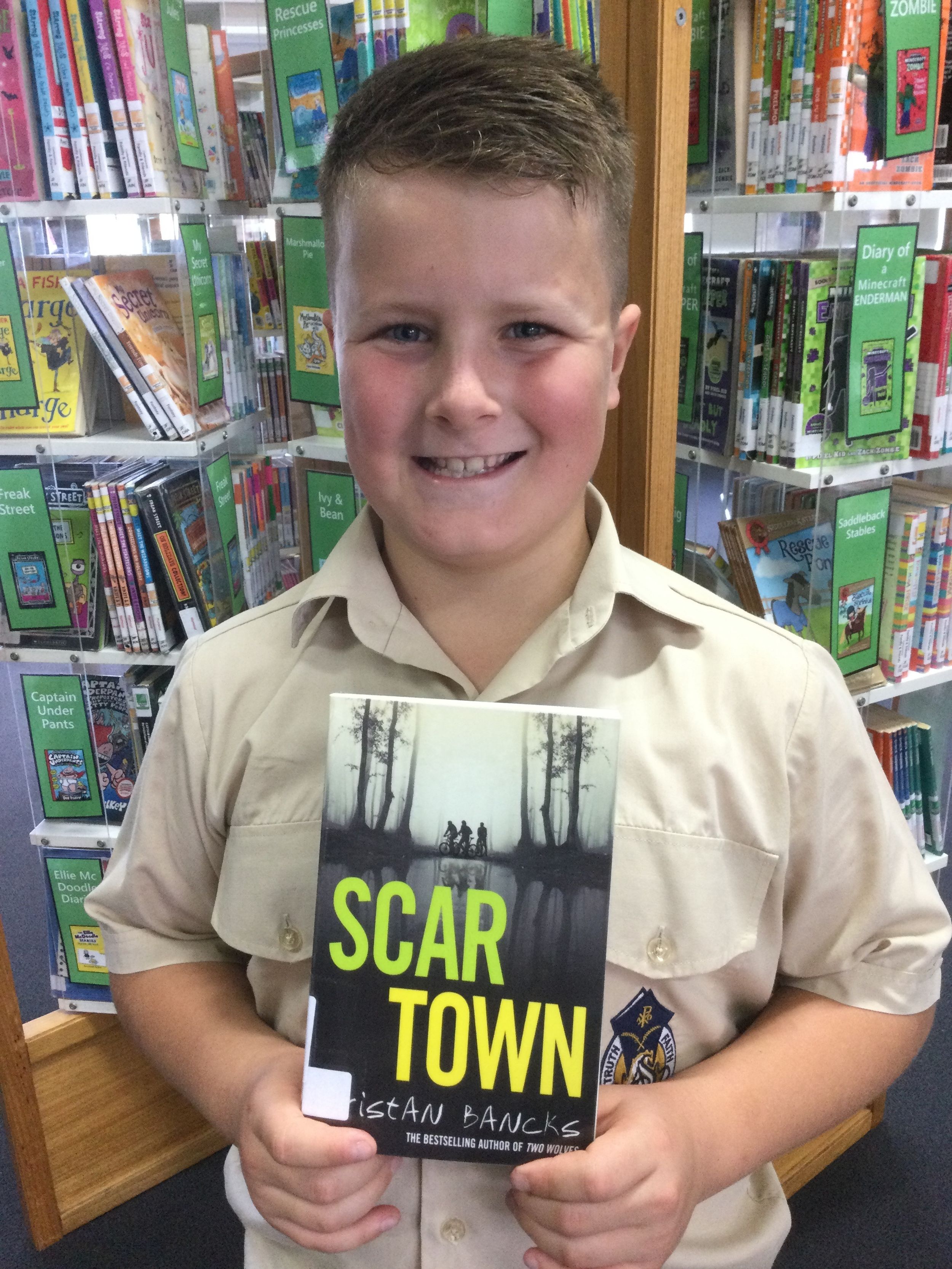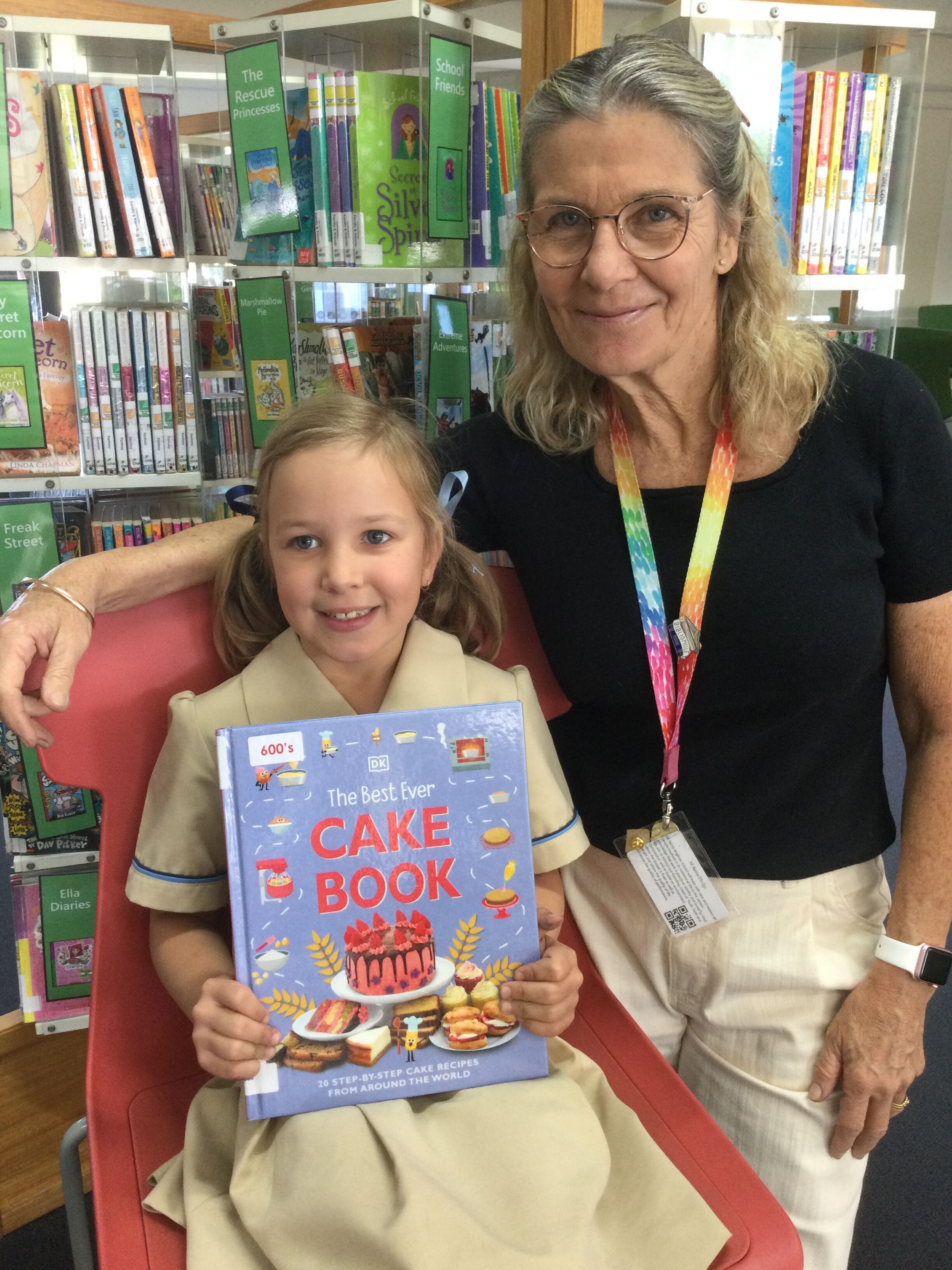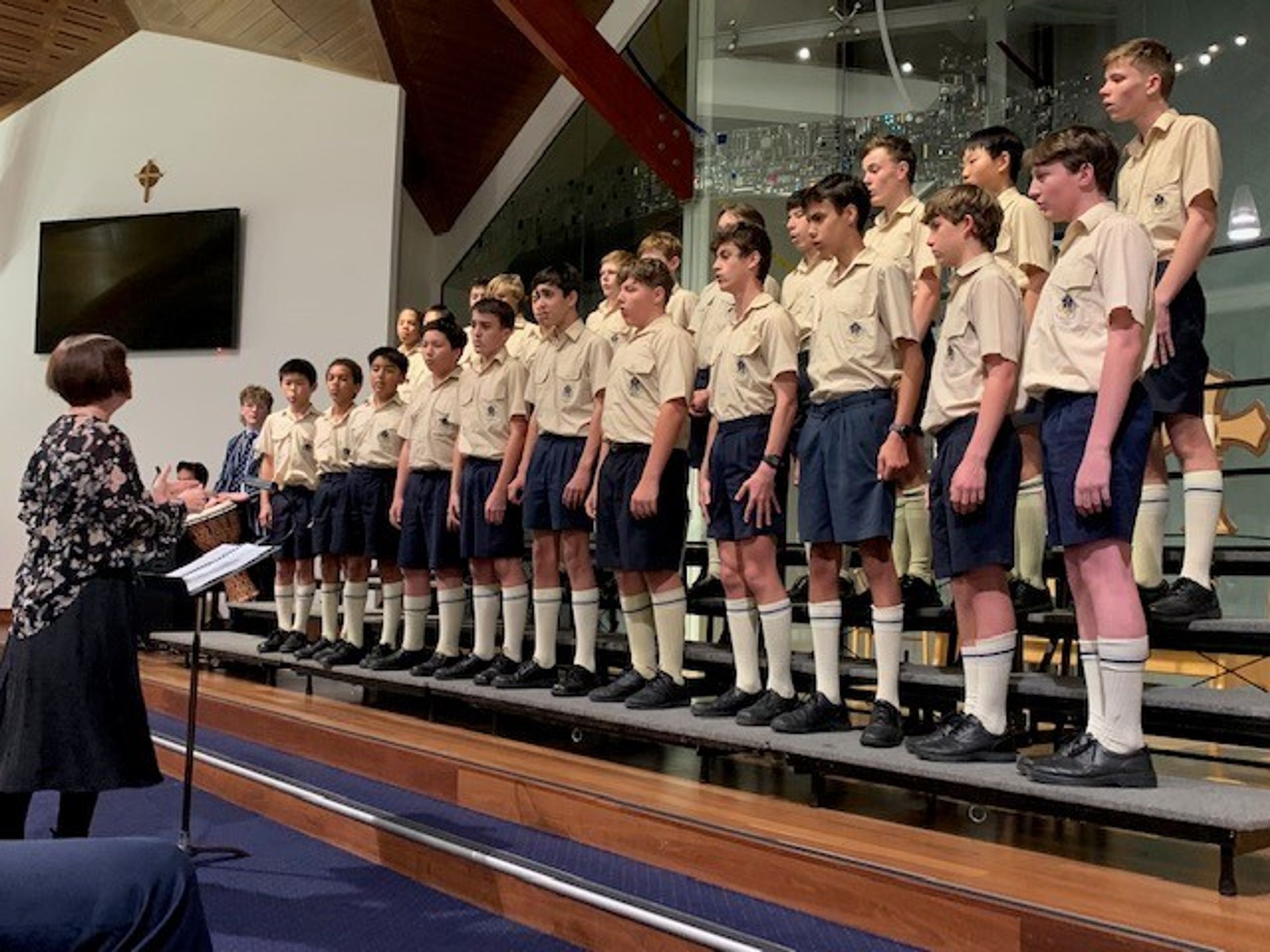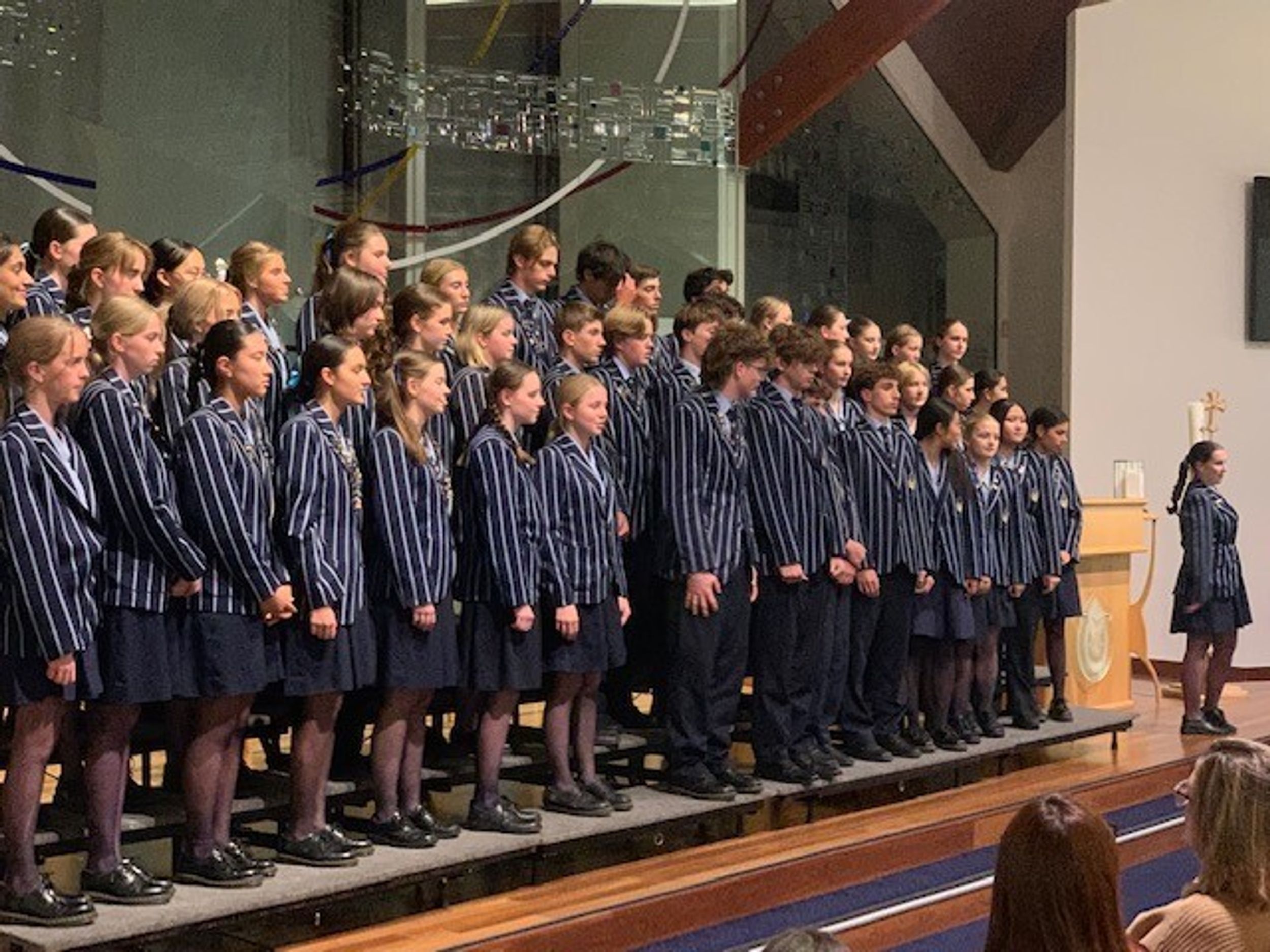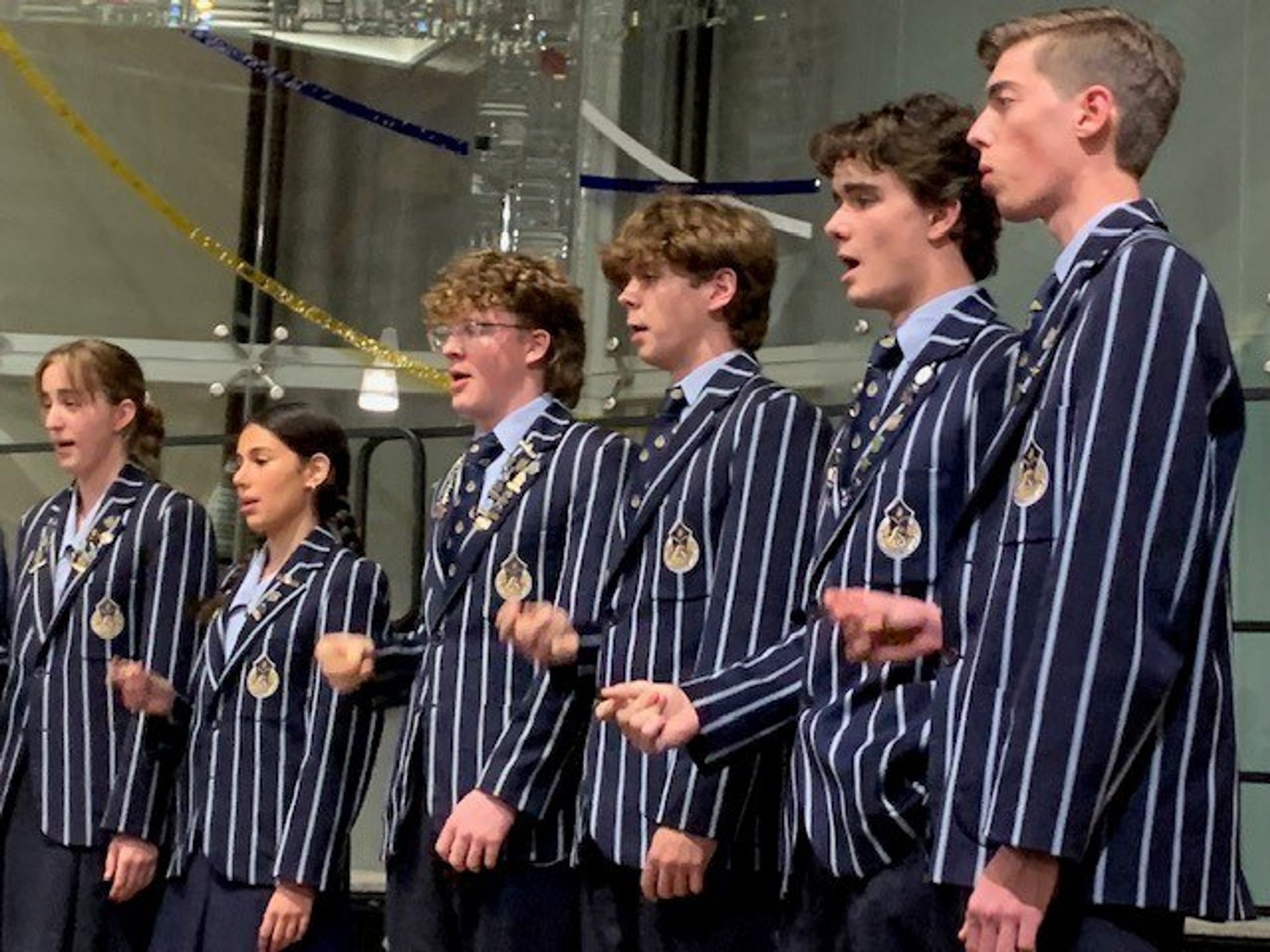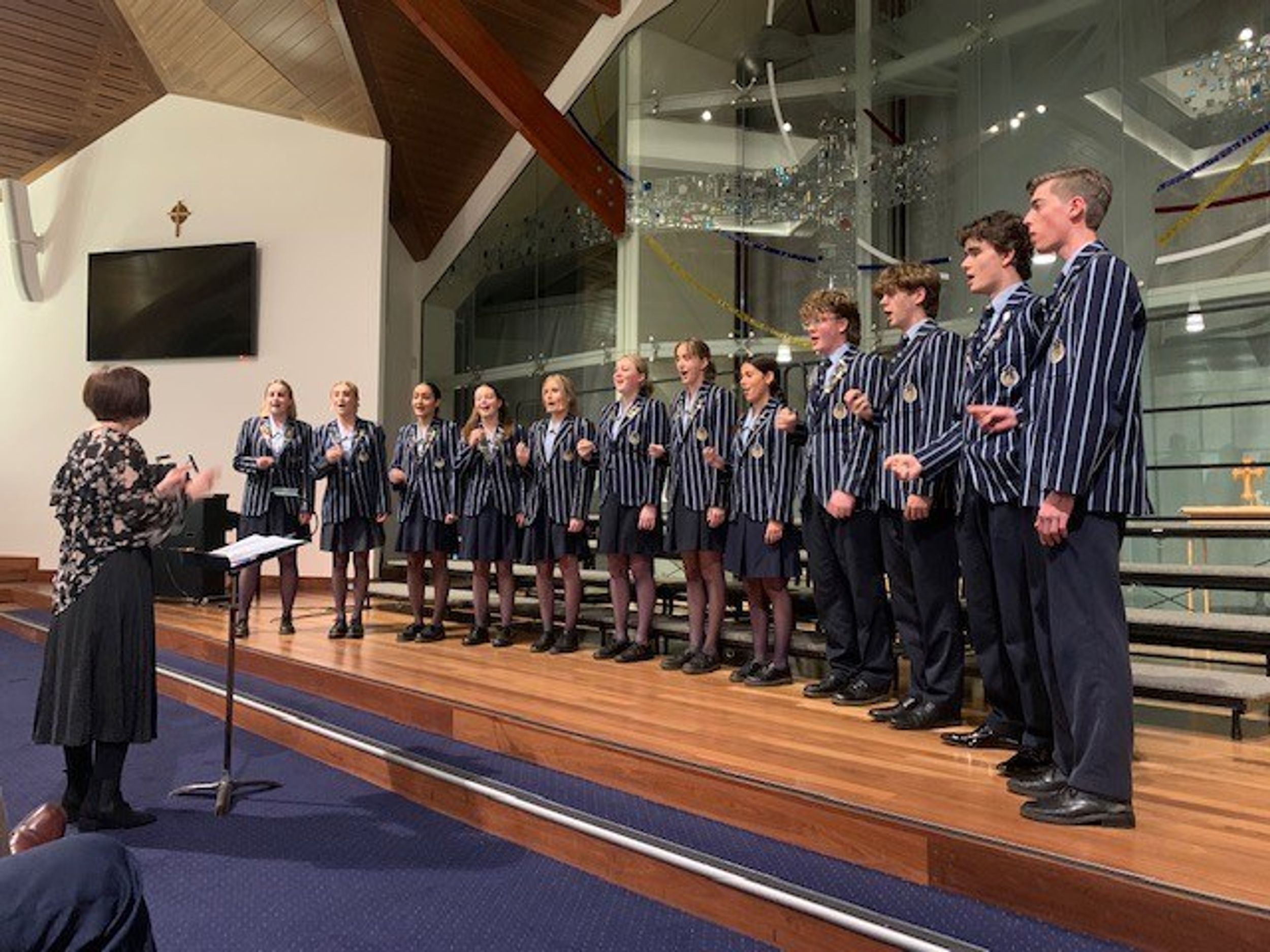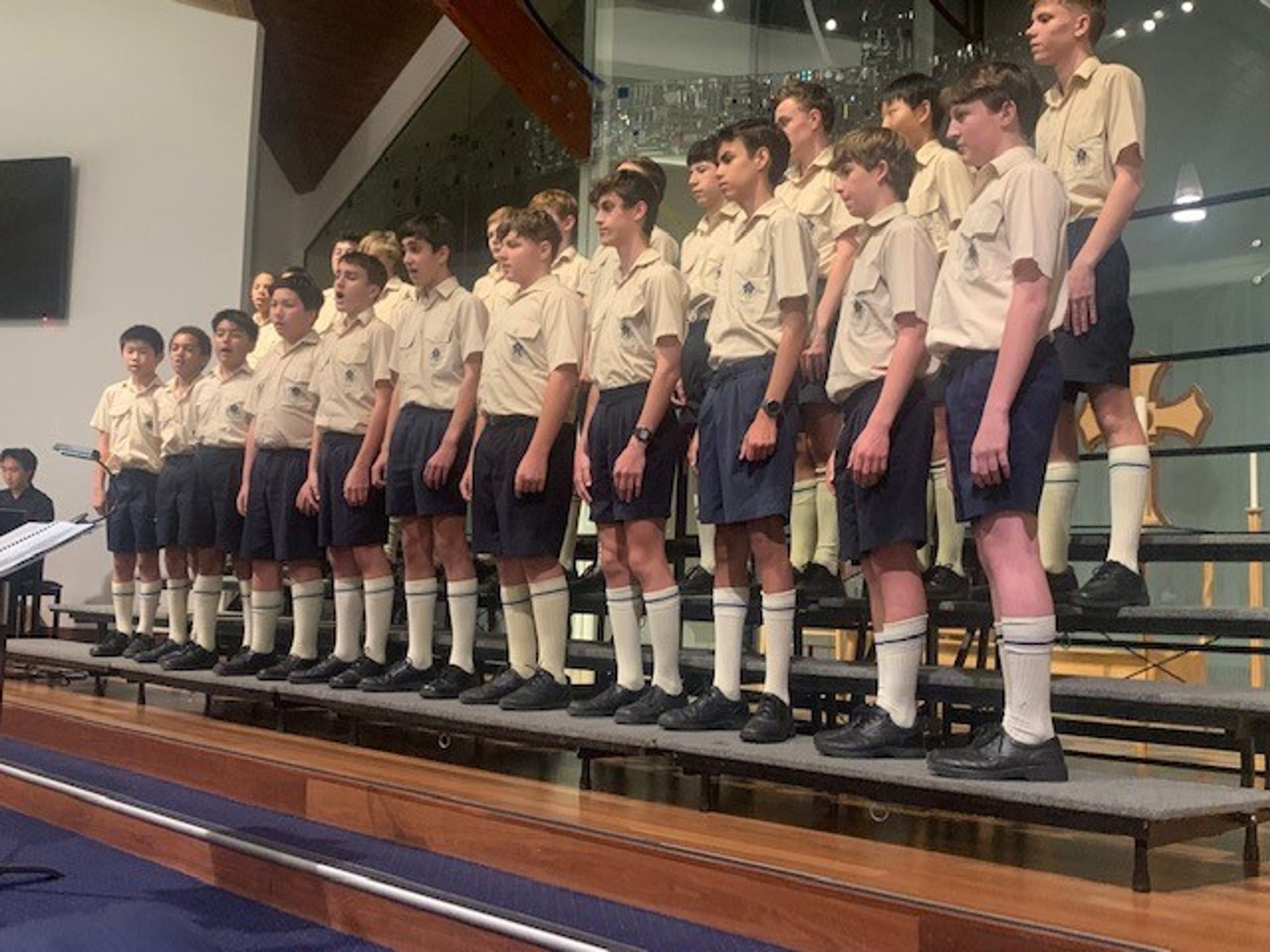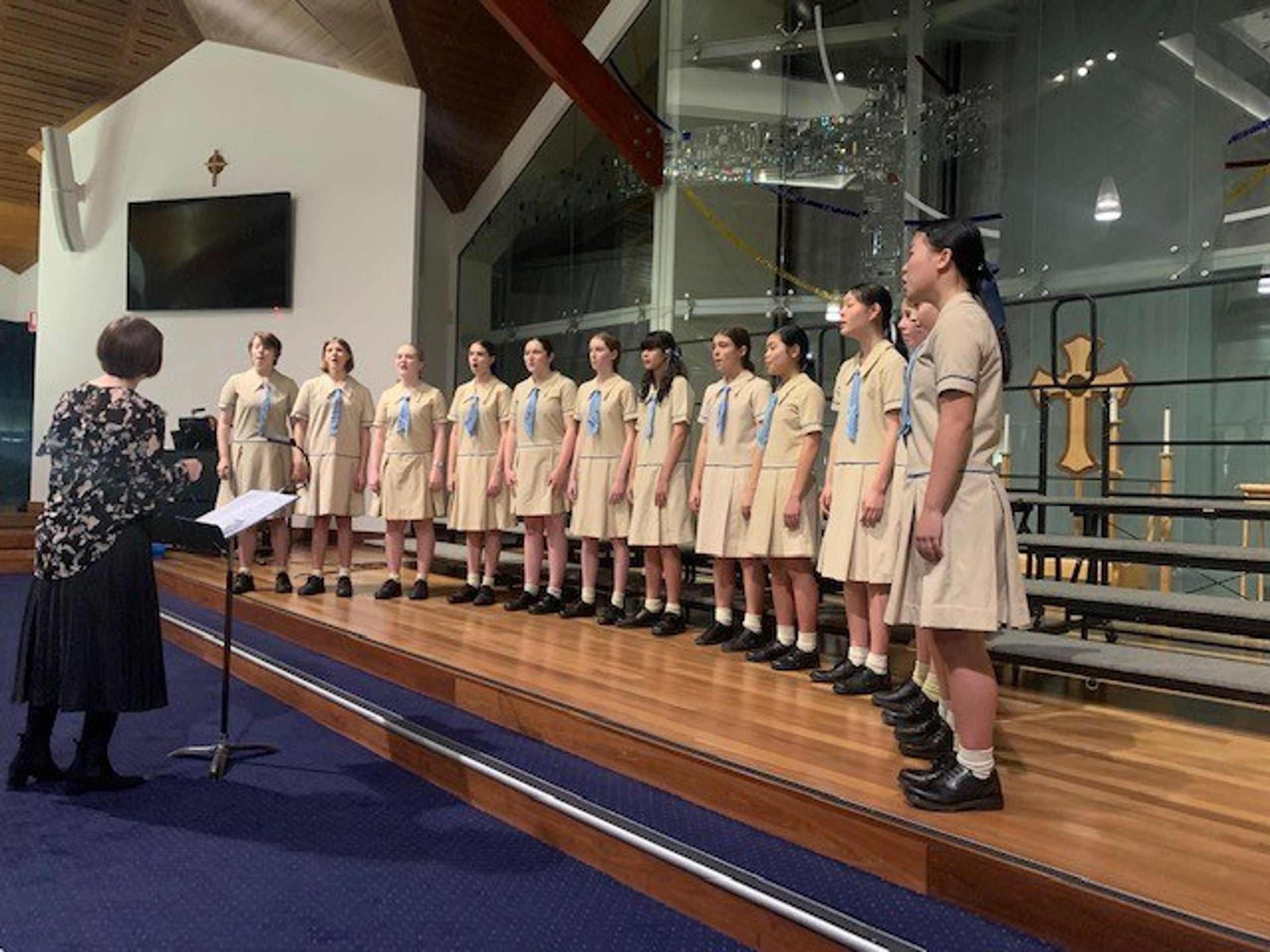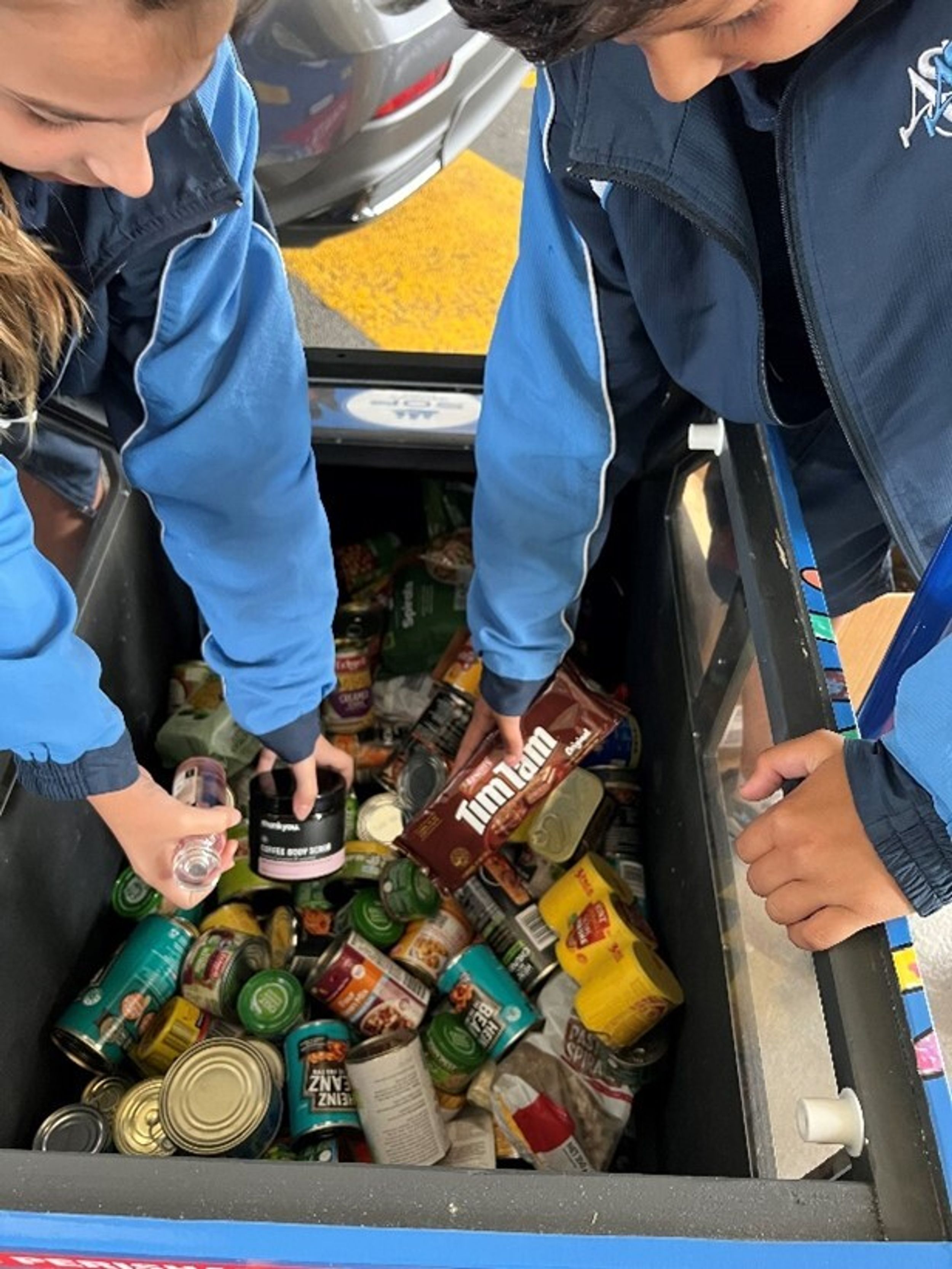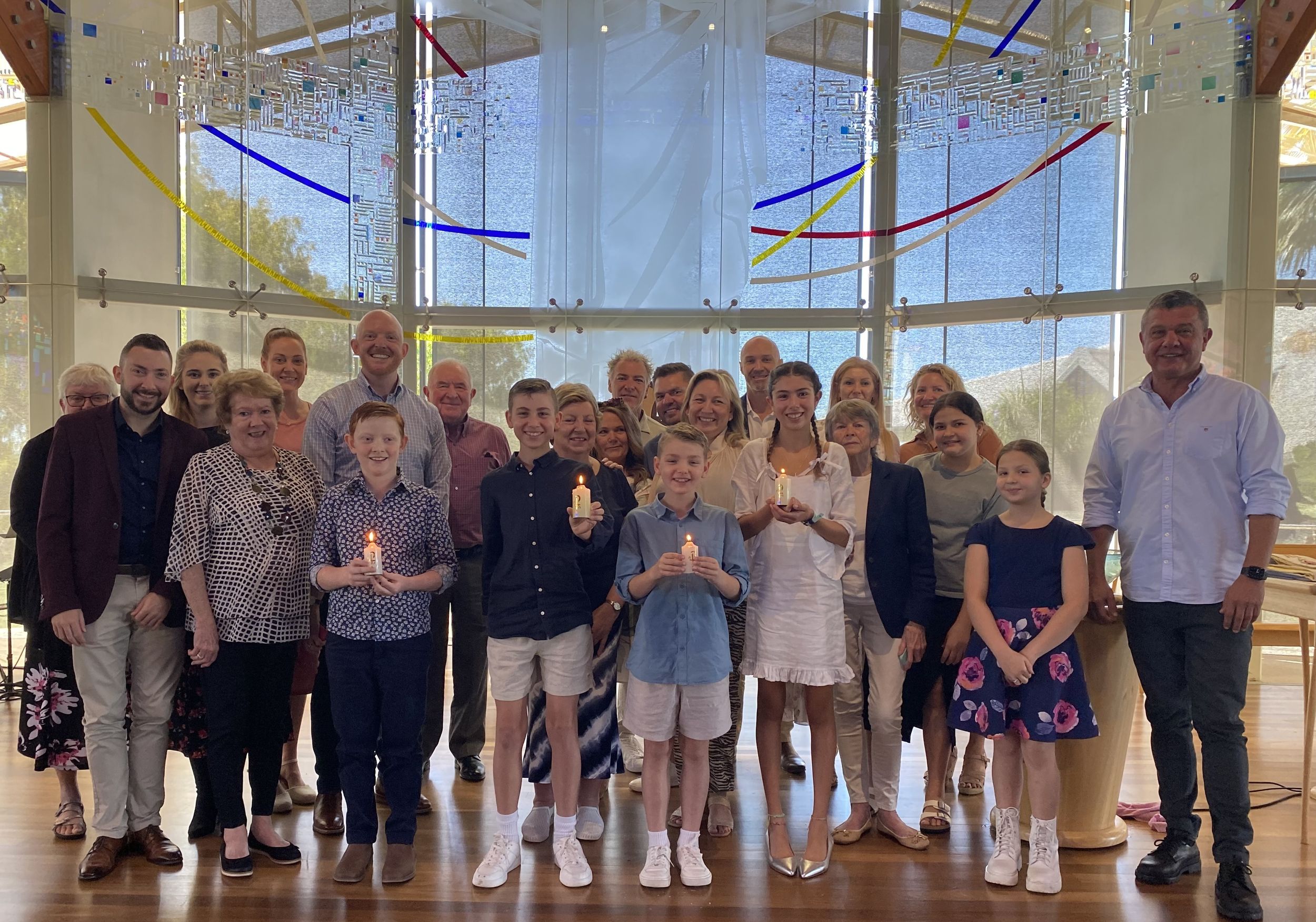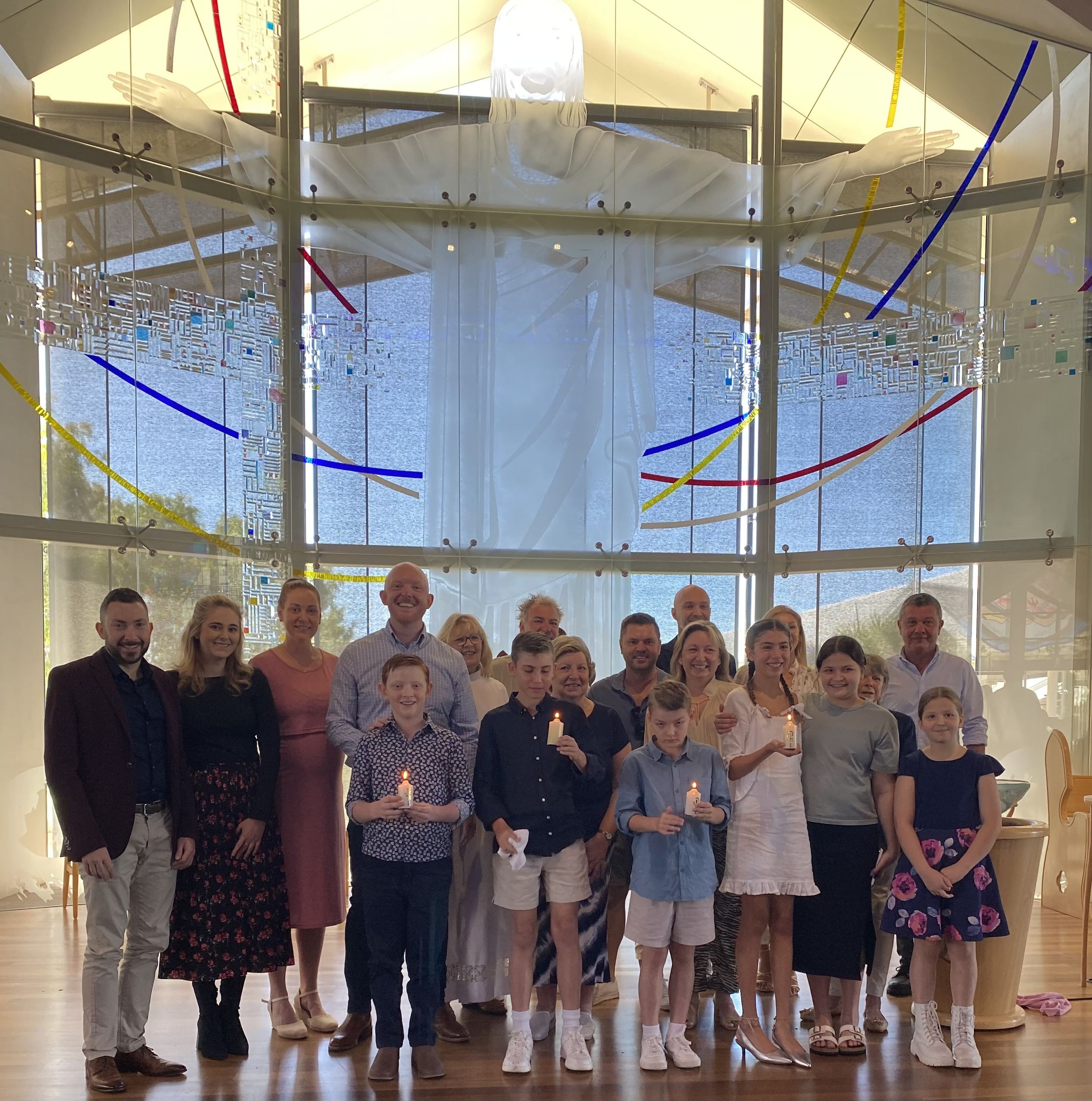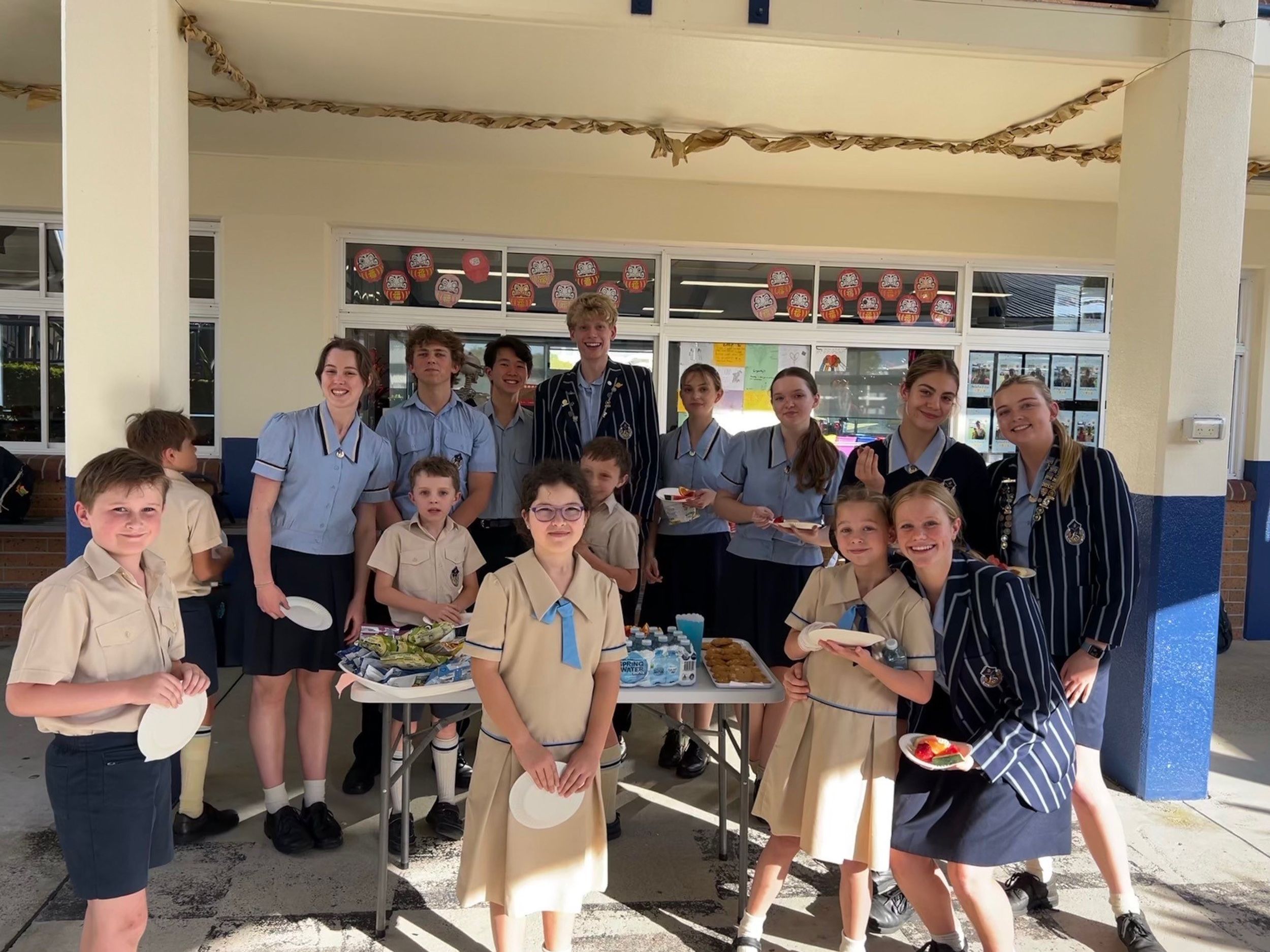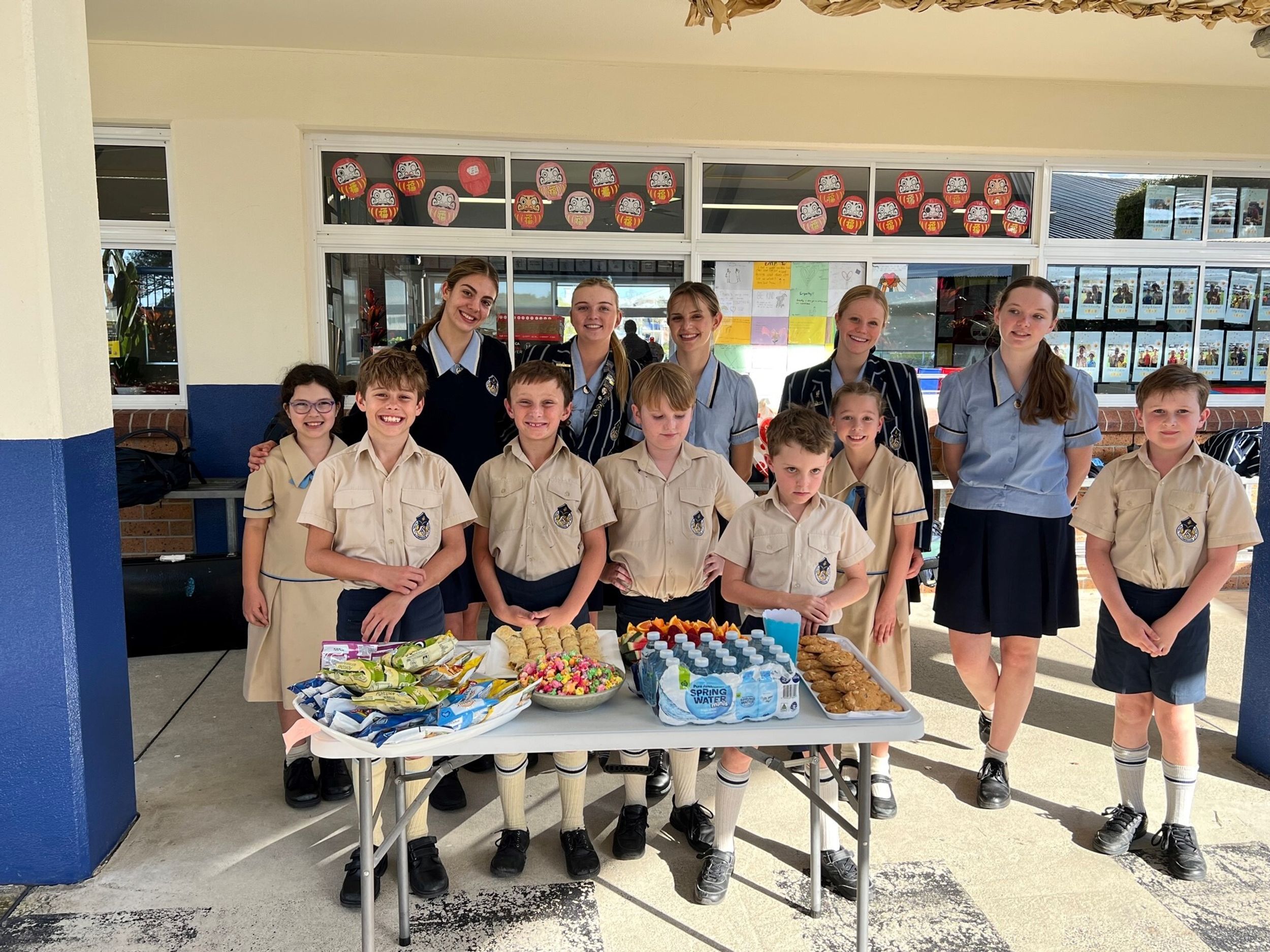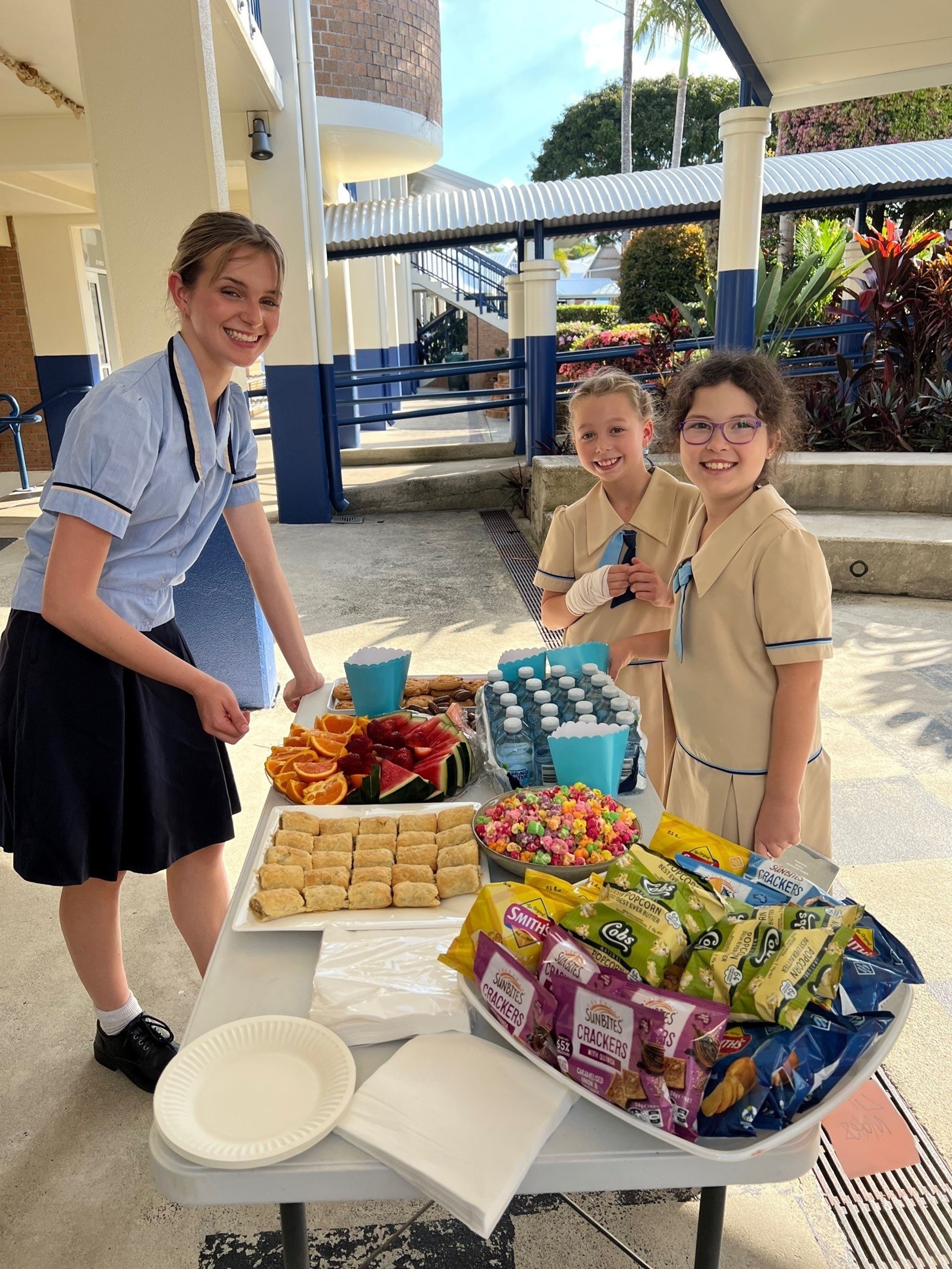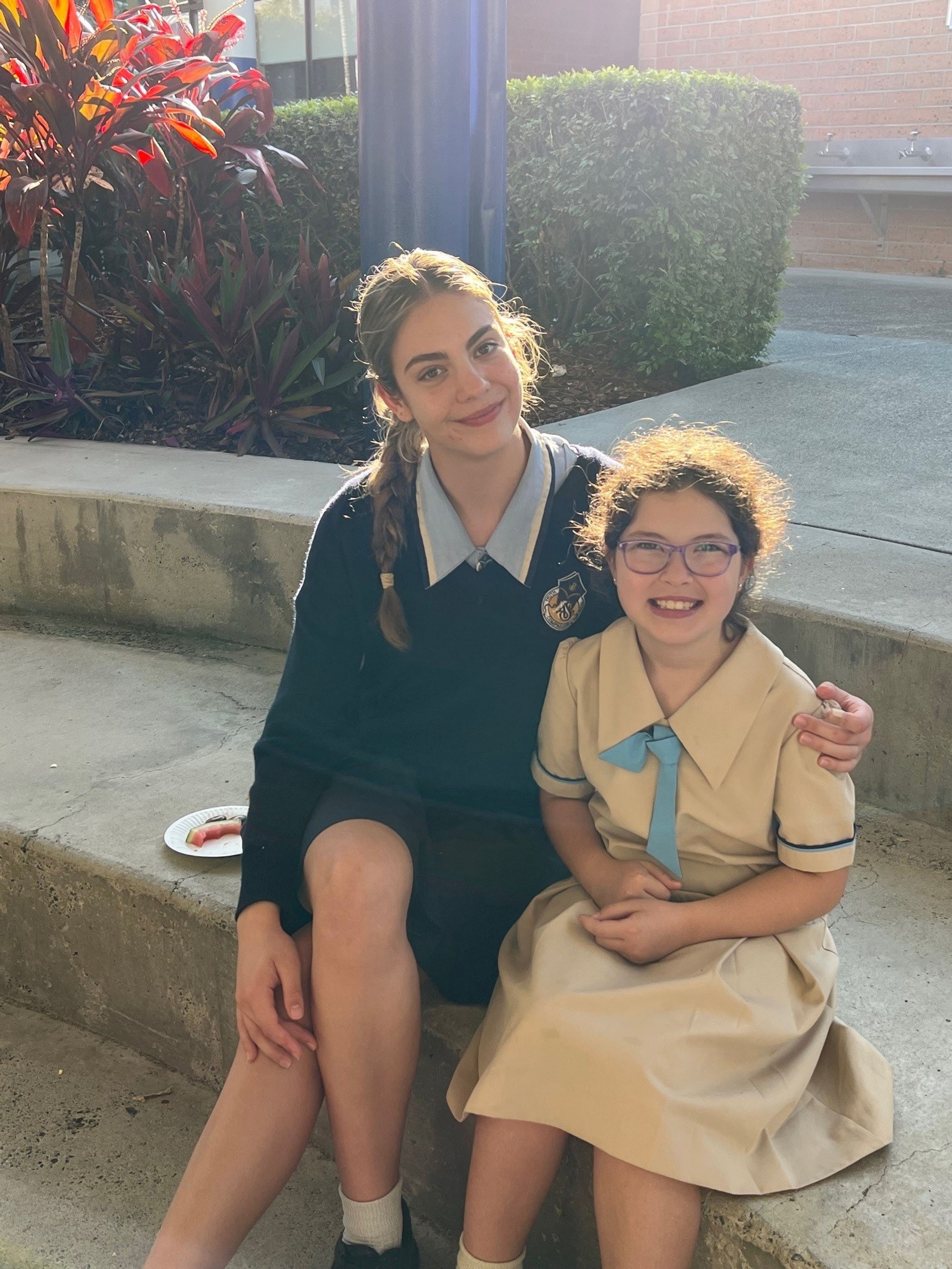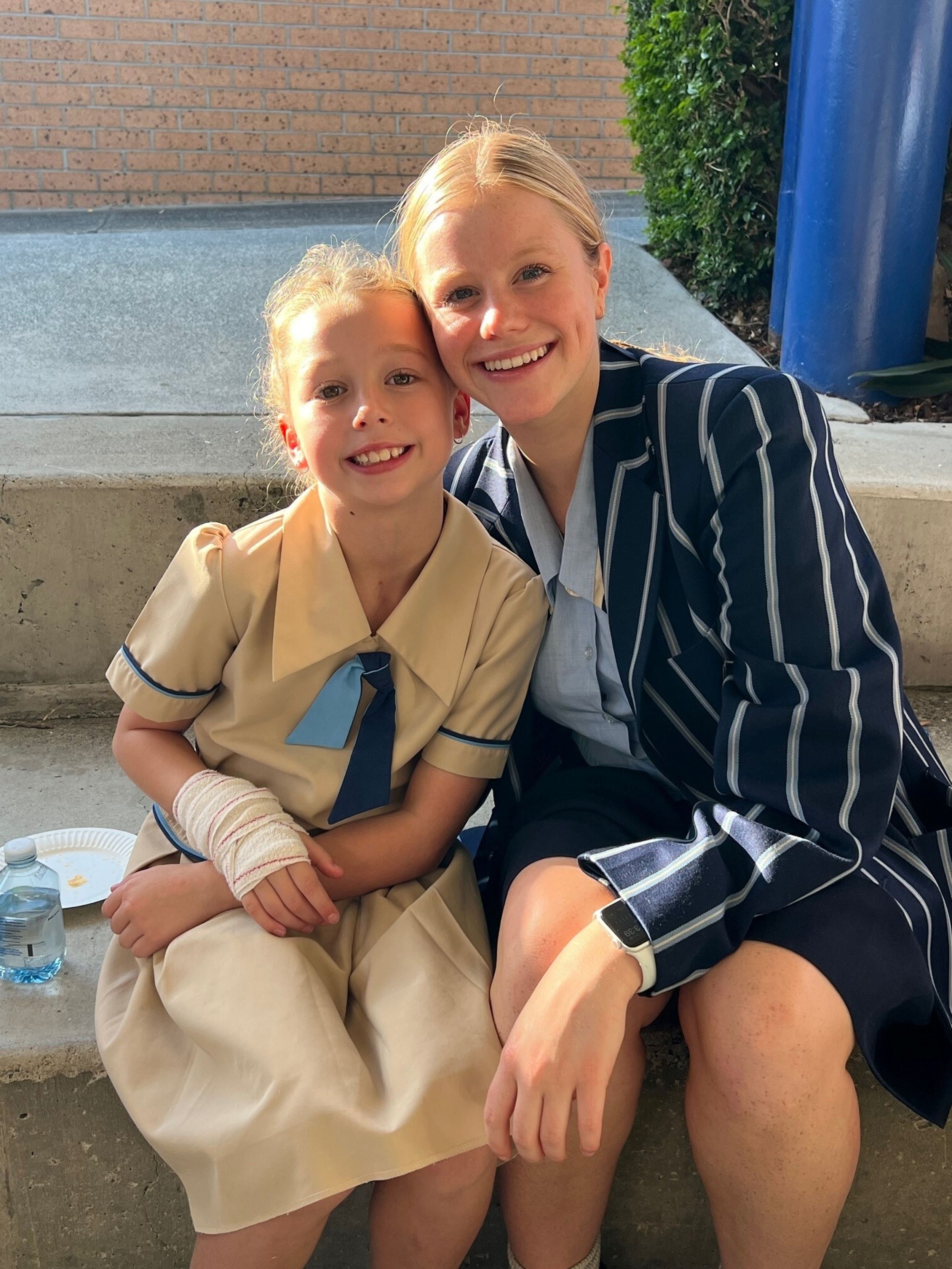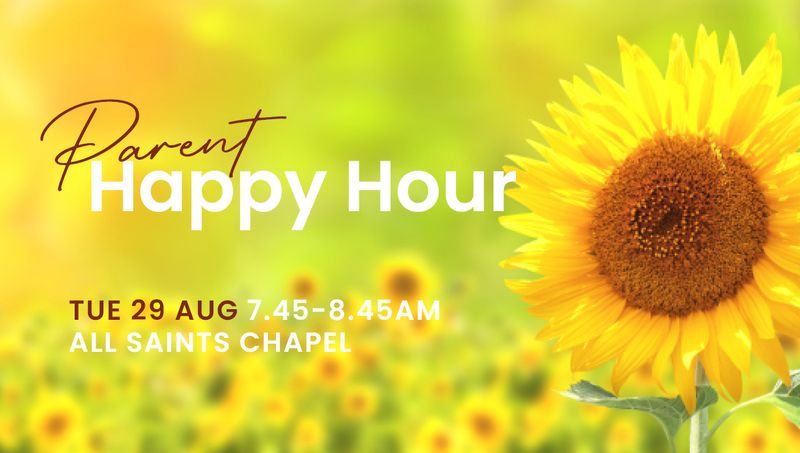Forgiveness
I wrote briefly in the last edition of Saints Alive about the liberating, uplifting power of forgiveness. You might recall the often-quoted line from Alexander Pope’s ‘Essay on Criticism’: To err is human; to forgive, divine.
I wrote it in my last article, and I will write it again in this one. Forgiveness is such a tough assignment; and yet it remains a vital part of a thriving, healthy community. I shared with a Year 10 class recently the remarkable story of Cornelia "Corrie" ten Boom, which I think bears repetition here.
Corrie ten Boom was a Dutch woman whose family hid dozens of Jews in their attic during the Nazi occupation of WW II. She wrote a wonderfully inspiring book about her experiences called The Hiding Place, which was later turned into a film. Eventually her family was betrayed by a neighbour in 1942 and shipped off to various concentration camps. Corrie was the only survivor. Her parents both died of dysentery, and her sister, just three weeks before the camps were liberated, was viciously beaten to death by a guard while Corrie was forced to watch.
She was barely able to function for months after the war was over, but slowly her Christian faith, so sorely tested by her experiences, began to reassert itself and aid her recovery. Eventually she got back on her feet and began to tour round continental Europe speaking about her wartime experiences and the faith that had restored her. After one such engagement, she was climbing down from the stage when she saw a man approaching her, smiling and with his arm outstretched. It was the very guard who had beaten her sister to death, who had been responsible for the deaths of scores of others in the camp and who had humiliated and totally degraded Corrie for so many years. Now he stood in front of her with hand outstretched and said: “Will you forgive me?”
Corrie writes: “I stood there with coldness clutching at my heart... yet I know that the will can function regardless of the temperature of the heart. I prayed ‘Jesus… help me’. Woodenly, mechanically, I thrust out my hand and experienced an incredible thing. The current started in my shoulder, raced into my arms, and sprang into our clutched hands. Then this warm reconciliation seemed to flood my whole being bringing tears to my eyes…
“I forgive you brother…” I cried with my whole heart. For a long moment we grasped each others’ hands, the former prisoner and the former guard. I have never known the love of God so intimately as I did at that moment.”
It is a story that reminds us of the transforming power of God’s love, a subject that is covered in the American writer, Sophy Burnham’s A Book of Angels. She writes:
"I have learned in recent years that my faults, the defects that keep me from creating the work I want to do, are not flaws or failures. They are wounds. The merest shift in the word shifts attitude. As failures, flaws, defects, I want to crush them underfoot, smash their noses in, impale their heads upon a pike and mount it on the tower wall. But this is my very soul I am impaling there, the essence of my heart. Block, the inability to proceed, signals not a defect but a wound exposed; and curiously in our wounds lie our divinity… healing comes from tenderness. Embrace the wounds, wash them, bandage them with loving care…"
All of us are wounded in one way or another. All of us need to be forgiven and to forgive. Let us try our best together to bless our woundedness and be generous with forgiveness, those twin pillars of our souls that may one day give us a glimpse of the divine.
I can’t sign off this week without mentioning the extraordinary achievements of our Performing Arts students in the Gold Coast Eisteddfod. We have enjoyed extraordinary successes with our musicians, our choirs and our drama productions. Indeed, I suspect we have the best results in this competition that we have ever had. Our Performing Arts programs are a rich vein that pumps blood into the heart of our school and I am so grateful to the men and women who always go the extra mile to lovingly nudge their charges to ever more accomplished performances.
I am a great lover of all music but have to confess that Mozart transports me in unimaginable ways. When asked about the source of his genius, Mozart apparently had this to say:
“Neither a lofty degree of intelligence nor imagination nor both together go to the making of genius. Love, love, love, that is the soul of genius.”
When one listens to his music, it becomes apparent that he must indeed have been inspired by something as powerful as love. Whatever genius we might possess as individuals, as a school, as a community, may we too lay claim to a similar source of inspiration.
Patrick S Wallas
Headmaster


